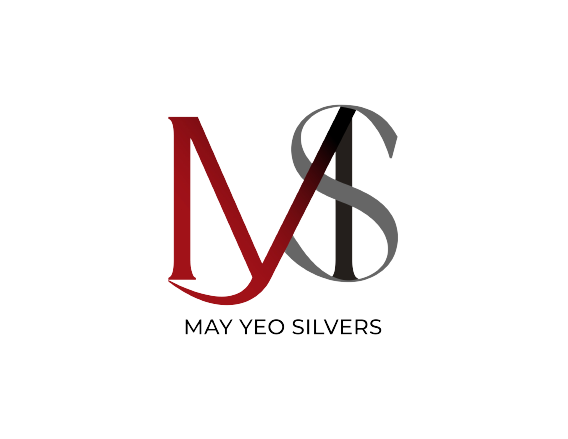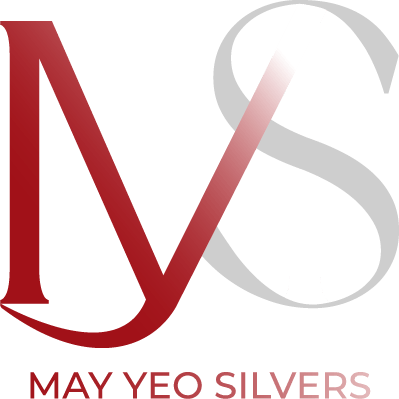Learn from event mentorship program expert May Silvers as she shares how to overcome price objections.
Ah… The Price Objection. The P-word that we all roll our eyes at when we hear it from our potential clients. Our brain immediately goes into combat mode to get ready to tear down this objection by justifying why we are worth our fee and why these people need to work with us.

I know your ego is hurt and you are thinking, “Why would these people think my fee is too high? Don’t they know I provide top-notch service???”
A lot of times, the price may not be the main reason people don’t buy from you. It is definitely one of the most convenient excuses to use without having to go into the real reason why they do not want to buy from you.
Take in a deep breath, my friend. Ego kills all deals so instead of fretting and fuming let me share with you the steps that will help you overcome price objections.
Step 1: Breathe And Control Your Emotions
You don’t want to appear condescending, angry, or whatever beast you turn into when someone says NO to you.
It is natural to feel frustrated, annoyed and even appalled when someone says no to your event planning services. You have so much pride in what you do and provide and could not fathom how someone could possibly say “no”.
The next word that comes out from your mouth will very likely sound snarky without you even realizing it. The last thing you want is for a client to walk away because of the price AND bad customer service.

Step 2: Ask Questions
After you have calmed yourself down, ask permission to ask questions to find out if the price is the real objection
The reason why we ask for permission to ask a question about the price objection is to move the client’s emotions from defensive to neutral. Example: You mentioned that you don’t have the budget for it/fee is too high. May I ask you a question about that?
If budget is not an issue, will you work with me? You want to isolate the objection until you find the real objection
Step 3: Give Feedback And Build Rapport
If the price objection is real, give feedback by mirroring back what the potential client said to you. Example: So if I am understanding you correctly, you want to work with me but you do not have the budget. Is that correct?
If they share why they don’t have the budget, such as they lost their job, etc, empathize with them and also COMPLIMENT them for being careful with their money.
Ask more questions and build rapport. They want to feel heard and not just us brushing away their objection and giving them our sales pitch again.
Step 4: Ask Questions To Vision Cast
We want to ask the TWO MOST IMPORTANT questions that would require the potential client to imagine two outcomes:
What do you think would be the result if you choose to work with us?
What do you think would be the result if you decide not to work with us?
The price is only a concern when the potential client cannot convince or justify to herself that the results she is going to get are worth the fee you are charging.
You want your potential client to come to these two conclusions:
1: The result they get from working with you way surpasses the cost of investing in you
2: The result of not working with you will cost her much more financially, emotionally, physically, and mentally compared to the cost of investing in you.
Then you want to ask the closing question: Based on those two outcomes, does it make more sense for you that we should work together? By now, your potential client would have already overcome the price objection by herself.

Conclusion
If you would like more training on overcoming price (or any objections), give me a call click here! and let’s see how I can help you.
Standing By You,
May Yeo Silvers







